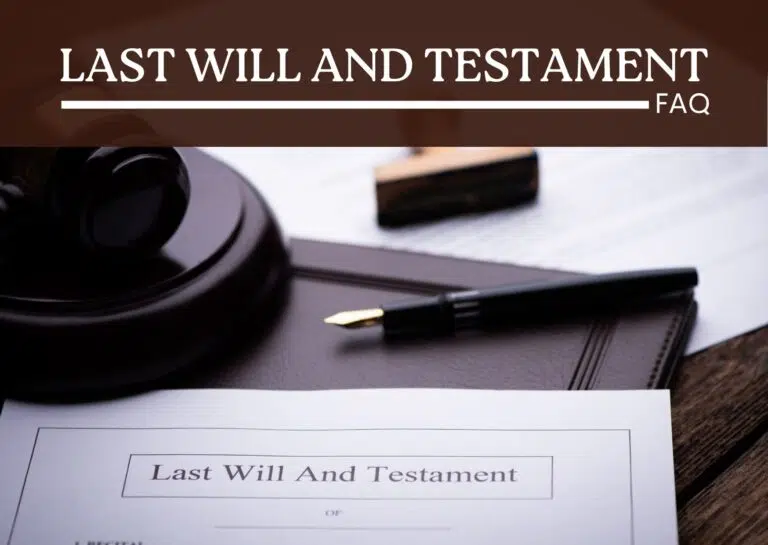
COPIES OF DOCUMENTS RELATED TO ASSETS
Prepare clear copies of all documents that prove ownership or describe your assets. Below is a checklist of common asset types and the documents we recommend you gather:
FUNERAL AND PERSONAL WISHES
Disclaimer: This information is intended as a general guide and does not replace personalized legal advice.

Licensed Attorney-At-Law | Licensed Notarial Services Attorney, The Lawyers Council of Thailand
Specialization: Wills and Estate, Civil and Criminal Matters

Magna Carta Law Firm website uses cookies. Further details are set out in our Cookies Statement. Necessary cookies (essential to make our website work) are always on. You can adjust your preferences using the 'View preferences' button in the footer of our website.